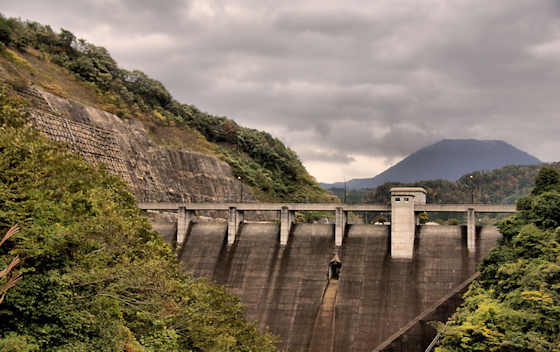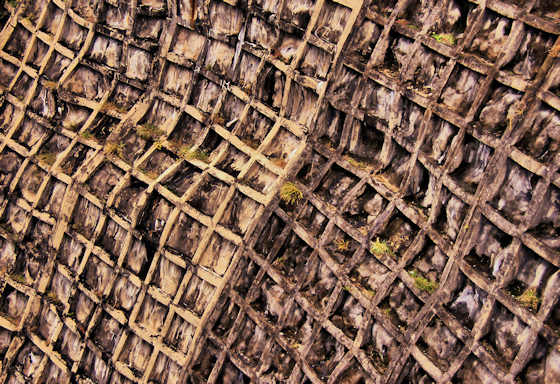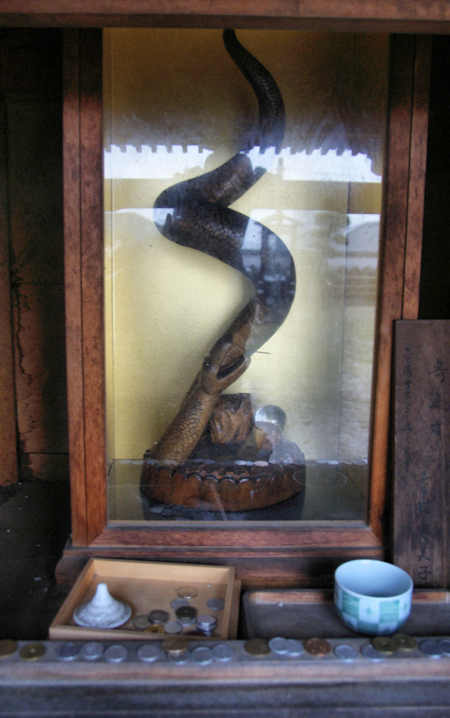Last saturday was the Gonokawa Matsuri, the social event of the season in Gotsu. All the young females of the species were in their finest.....
The parade consisted of a long line of various civic groups and clubs and companies each in their own style of outfit performing the "dance"..... very few people actually seeme dto be enjoying it....
Kakinomoto Hitomaro, the famed 7th Century poet whose work is well represented in the Manyoshu. His wife, also a famous poet, was a local girl.....
The one group that made a lot of noise and actually seemed to be enjoying themselves were the High School Rugby team.....
And of course no parade would be complete without traditional Japanese hula dancers....























